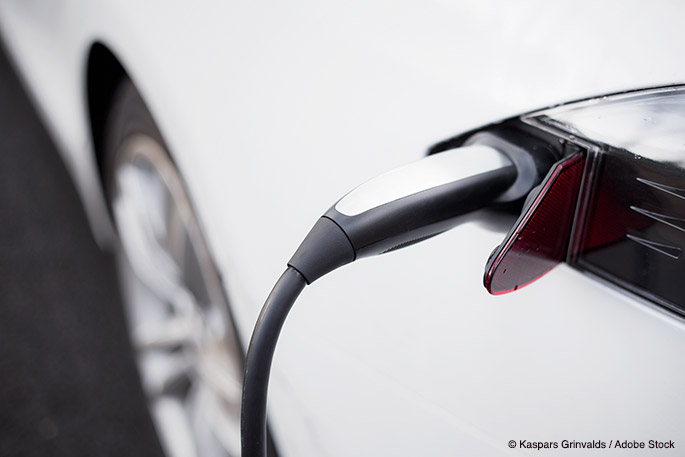
Tesla is one of the biggest electric car companies in the world, and it’s certainly one of the most visible. The company has bucked market trends, and even tradition, by creating a unique product, and an even more unique support network to make buying that product more appealing. One of the perks that came with buying a Tesla was that the owner had lifetime access to Tesla’s network of supercharging stations. These stations, many of which run on green energy, form a network that allows Tesla owners to drive cross-country with minimal difficulties. Most importantly, unlike a home charger or destination charger, a supercharger can top off a Tesla vehicle’s batteries in half an hour or less.
However, with the release of the Tesla Model 3 sedan, new owners won’t have an endless fuel tank available free of charge any longer.
The Next Stage in Tesla’s Evolution?
According to Yahoo! News, Tesla has said it will officially uncouple Tesla ownership with access to free supercharging use starting with the Model 3. On the one hand, this could be seen as removing one of the biggest reasons drivers have for buying a Tesla, since lifetime membership to those stations was a huge benefit for people buying such an expensive, electric car. On the other hand, the Model 3 is significantly less expensive than Tesla’s previous models, and it has a greater range as well. So, while customers can’t fill up for free, they are getting a cheaper, reliable electric car that actually has some legs on it.
And, given that the Model 3 set automotive pre-order records, it seems the up-front cost and range is more important to buyers than whether or not they can supercharge free of charge.
Is Tesla Spinning Straw Into Gold?
The supercharger network Tesla set up is impressive, and it’s an excellent way of handle the major complaint that electric cars don’t have the same infrastructure their gasoline-powered cousins do. However, while it’s still expanding, the network has been put under strain because of Tesla’s success. The superchargers are meant to allow owners to drive long distances without worrying about running out of power, but the stations are often being used by Tesla owners who simply find it more convenient to drive to a nearby supercharger than to use a destination charger, or to charge their vehicle at home.
That’s a problem since Tesla customers low on charge can’t just drive down the street, and fill up there instead (not yet, at least). However, Tesla looked at the problem and decided there was a way to fix it that was advantageous both to them and to their customers.
You see, by making Model 3 owners (and owners of all Tesla models from here on out, one assumes) pay a modest fee for using supercharging stations, several things happen. First, Tesla monetizes their supercharging stations, while still charging far less money for a full tank than would be possible with gasoline. This will reduce the pressure on the supercharger network, and at the same time provide funds to improve, maintain, and expand the network. Tesla also allows independent businesses to build charging stations on their properties, and those businesses can charge users fees they feel are appropriate.
So What Does All That Mean?
One of the biggest obstacles electric cars have had to overcome was the lack of support they faced. Every town has a gas station, but traveling in an electric car often means rigorously choosing destinations based on when and where the driver can re-charge. As more charging stations are built, and the network expands, buyers will be more likely to invest in electric vehicles. Additionally, assuming Tesla stays on the course it’s previously set, we’ll see a lot of those vehicles being powered by solar charging stations.
Short-term changes may lead to long-term solutions, especially as electric vehicles and battery technology become more viable, and more common. Tesla is taking action to make that happen today so that tomorrow’s roads will look very different than they do today.





























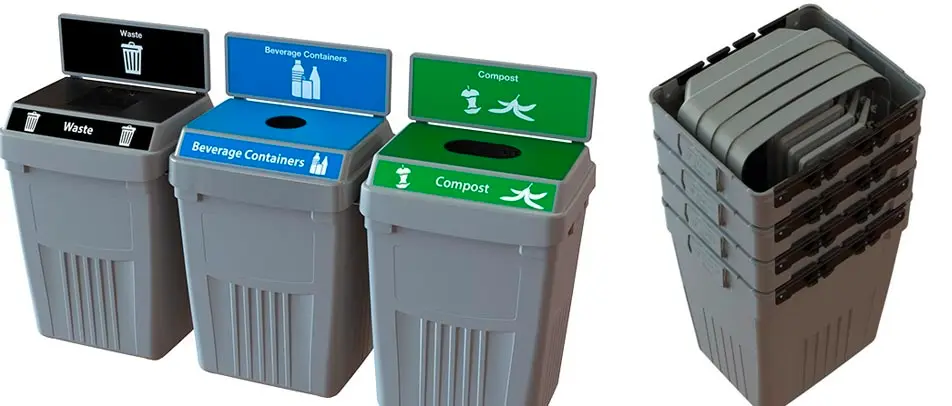


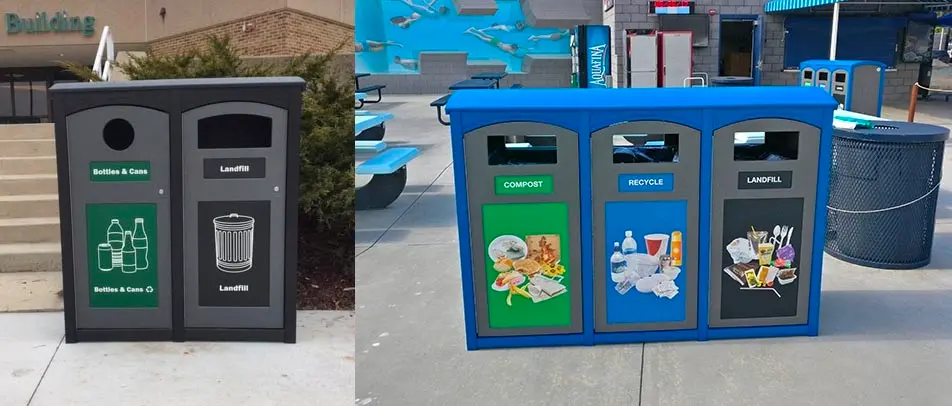

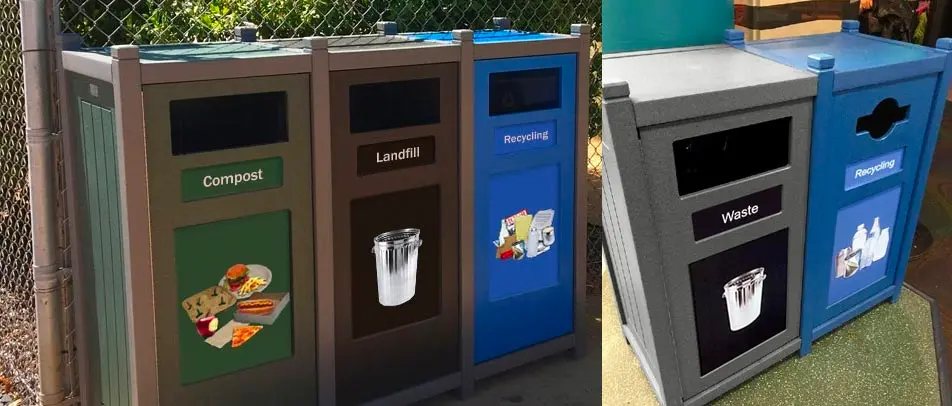


















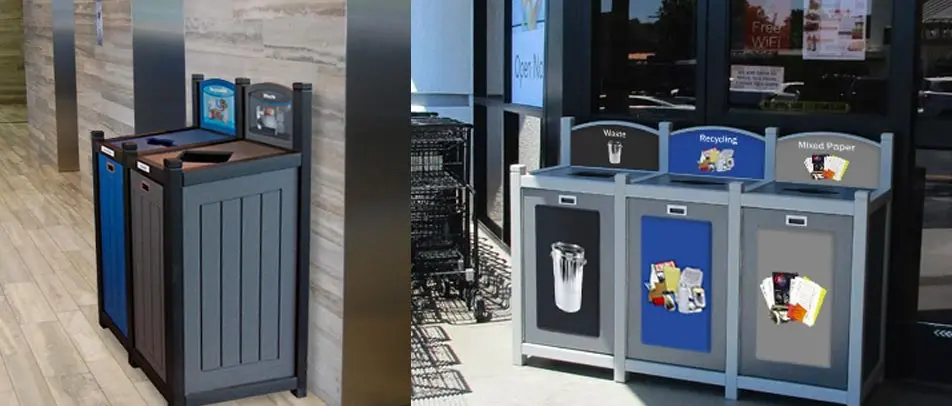















































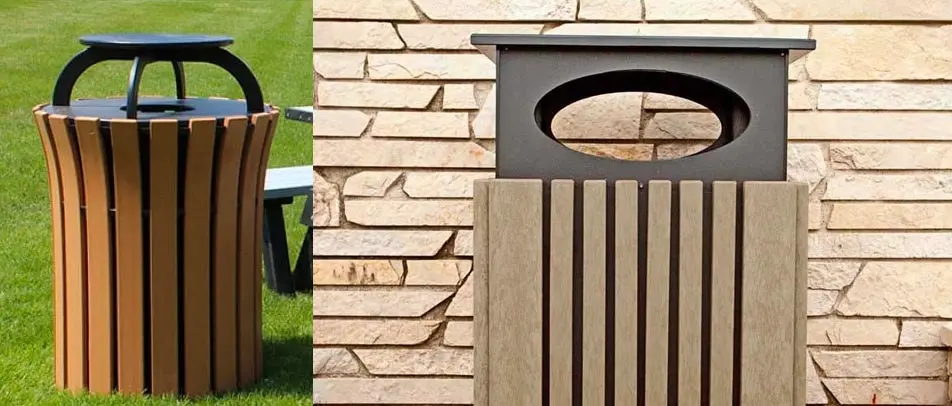





















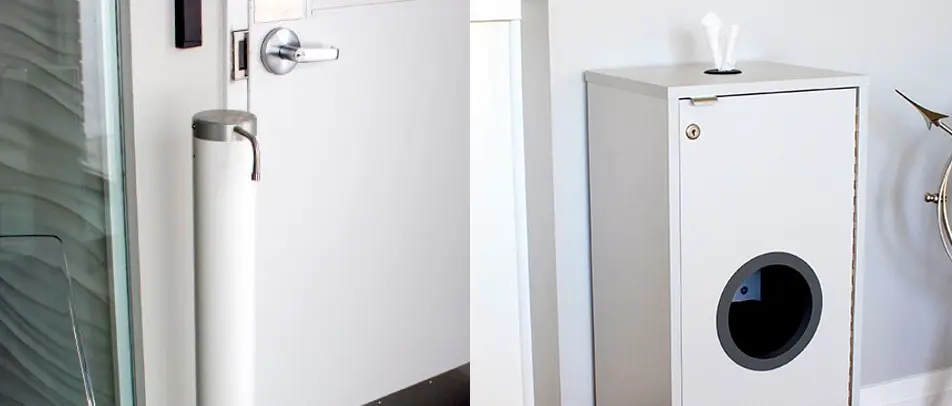


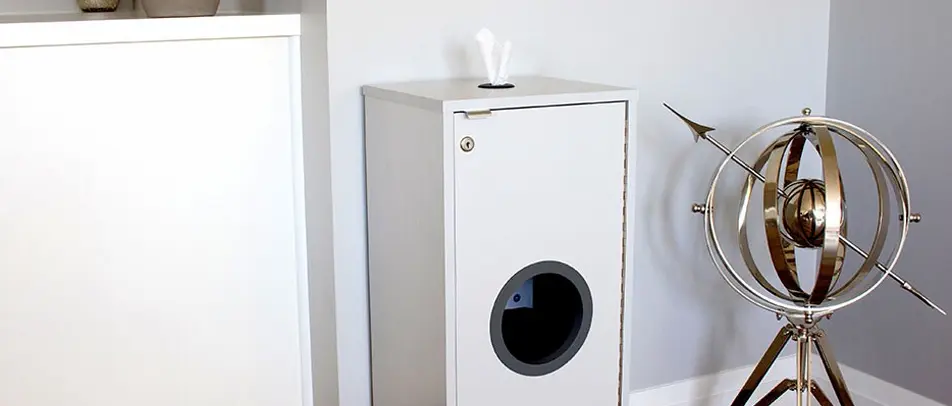


 Three Ways to Engage Teams and Clients to Maximize Your Recycling Program Engagement
Three Ways to Engage Teams and Clients to Maximize Your Recycling Program Engagement  How to Integrate Accessibility Into Your Sustainability Planning
How to Integrate Accessibility Into Your Sustainability Planning  Why Park Benches Can Promote Workplace Well-Being
Why Park Benches Can Promote Workplace Well-Being 
